Persea Gratissima Oil in Deodorant: The Natural Odor-Fighting Ingredient
In the realm of personal care, we have seen a significant shift towards ingredients that offer both efficacy and natural origins, leading to Persea gratissima oil, commonly known as avocado oil, gaining popularity. Its application in deodorants is noteworthy for its skin conditioning properties, which can enhance the product's overall performance and user experience. As a rich source of vitamins, especially tocopherols, and beneficial fatty acids, Persea gratissima oil is utilized in deodorants to support healthy skin and potentially improve moisture retention.
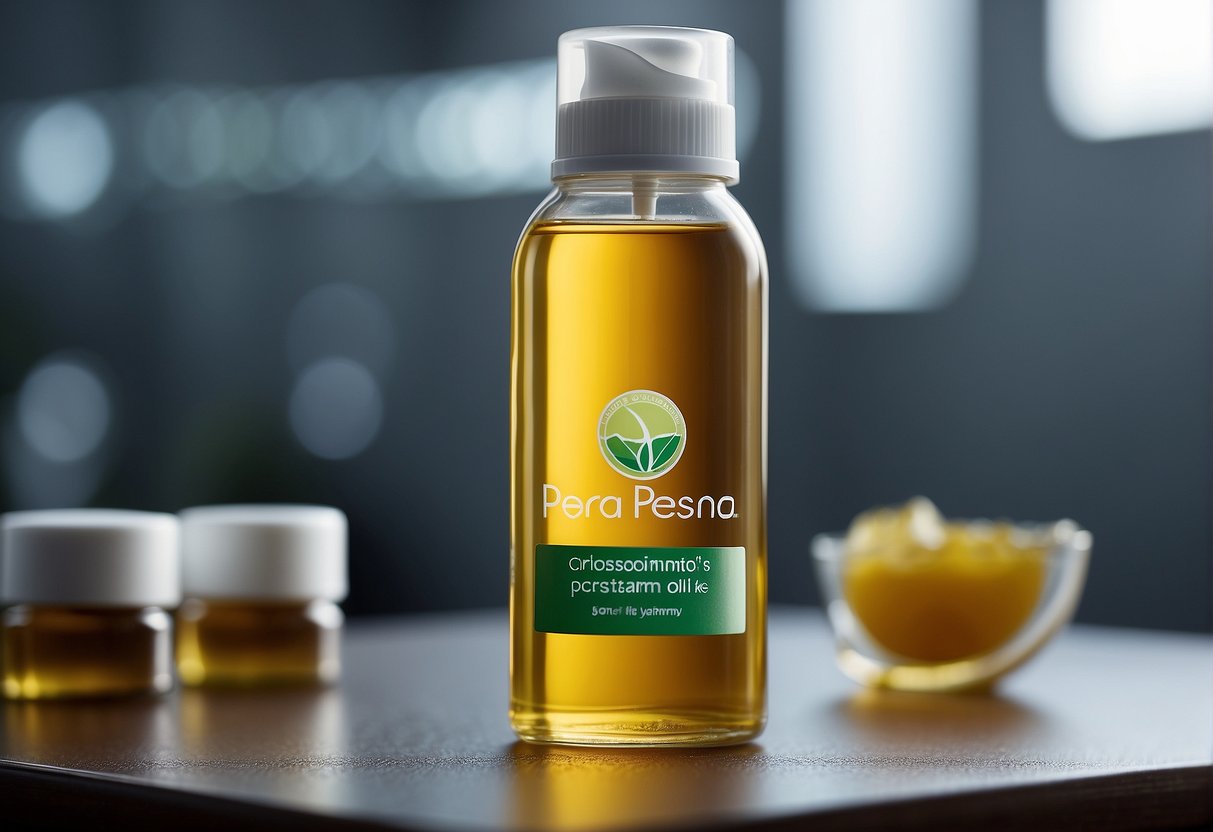
The incorporation of Persea gratissima oil in deodorants aligns with the growing consumer demand for products that marry cosmetic function with natural skincare. We must be mindful, however, of potential skin reactions for those with sensitivities, ensuring that the product is as inclusive as possible. It's vital for us to understand not only the benefits but also the regulatory aspects and certifications that govern the use of such ingredients in cosmetics, to ensure safety and efficacy.
Key Takeaways
- Persea gratissima oil enhances deodorants with its skin-conditioning properties.
- It is chosen for its natural composition and potential benefits to skin health.
- Awareness of skin sensitivities and regulatory standards is essential for safe use.
The Role of Persea Gratissima Oil in Deodorant
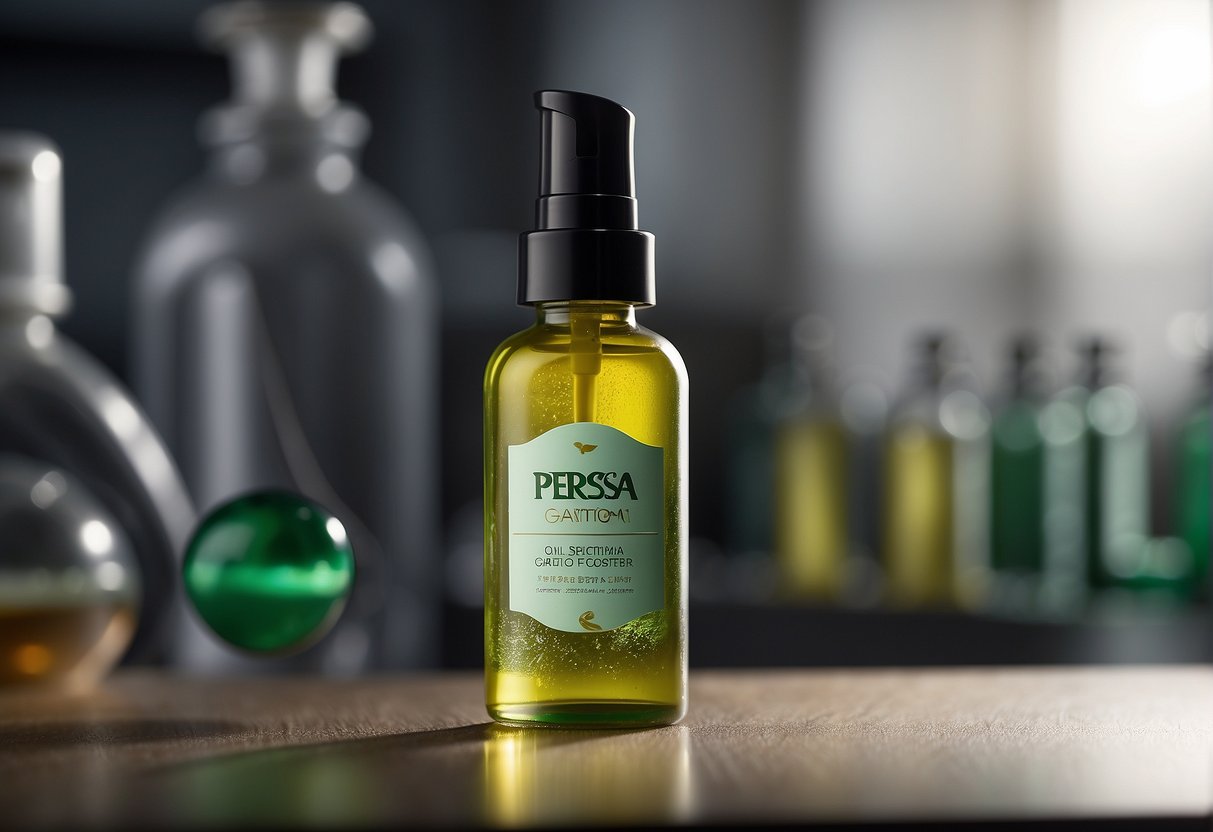
We see Persea gratissima oil, commonly known as avocado oil, increasingly incorporated into deodorant formulations. Its skin conditioning and natural properties offer distinct benefits in underarm care.
Moisturizing Benefits
Persea gratissima oil is rich in vitamins A, D, and E, as well as oleic acid, which are collectively known for their moisturizing properties. Our skin, particularly the sensitive area beneath the arms, can suffer from dryness due to shaving and the use of harsh deodorants. By including avocado oil in deodorants, we deliver hydrating effects that help to maintain skin integrity and prevent irritation.
Natural Fragrance and Safety
The addition of Persea gratissima oil contributes a subtle, natural fragrance to deodorant products. Our choice to use this ingredient is also grounded in its safety profile. As a natural oil, it's less likely to cause the skin sensitivities and reactions sometimes associated with synthetic fragrances. It also serves as a skin conditioner, providing a soothing sensation upon application.
Chemical Composition and Skin Benefits
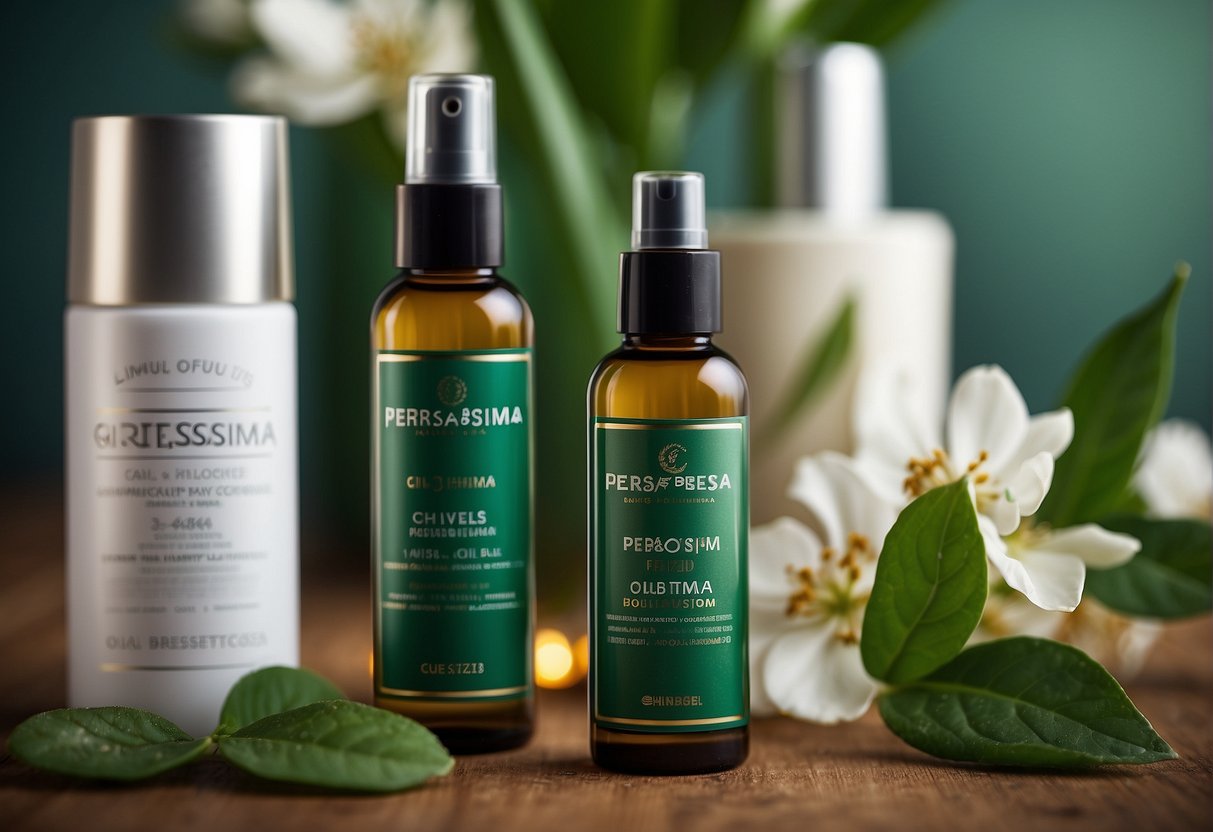
In this section, we explore the chemical composition of Persea gratissima (avocado) oil and its specific benefits for skin health, especially when used in deodorant products.
Fatty Acids and Skin Health
Oleic acid and linoleic acid are the primary fatty acids in Persea gratissima oil, which play a critical role in maintaining skin health. Oleic acid, a monounsaturated fat, is known for its ability to permeate the skin barrier and provide deep moisturizing effects. It helps to keep the skin soft, supple, and more resilient to environmental stressors. Linoleic acid, a polyunsaturated fat, can help to soothe and reduce inflammation, making it ideal for sensitive skin areas such as those where deodorants are applied.
Vitamins and Antioxidant Properties
Vitamin E, a potent antioxidant in Persea gratissima oil, contributes to the protective qualities of deodorants by neutralizing free radicals that can damage skin cells. Its antioxidant properties are complemented by its nourishing effects, as Vitamin E is also known to aid in skin repair and rejuvenation. Through the inclusion of Persea gratissima oil, deodorants not only help control odor but also deliver essential nutrients that support overall skin health.
Potential Skin Reactions and Precautions
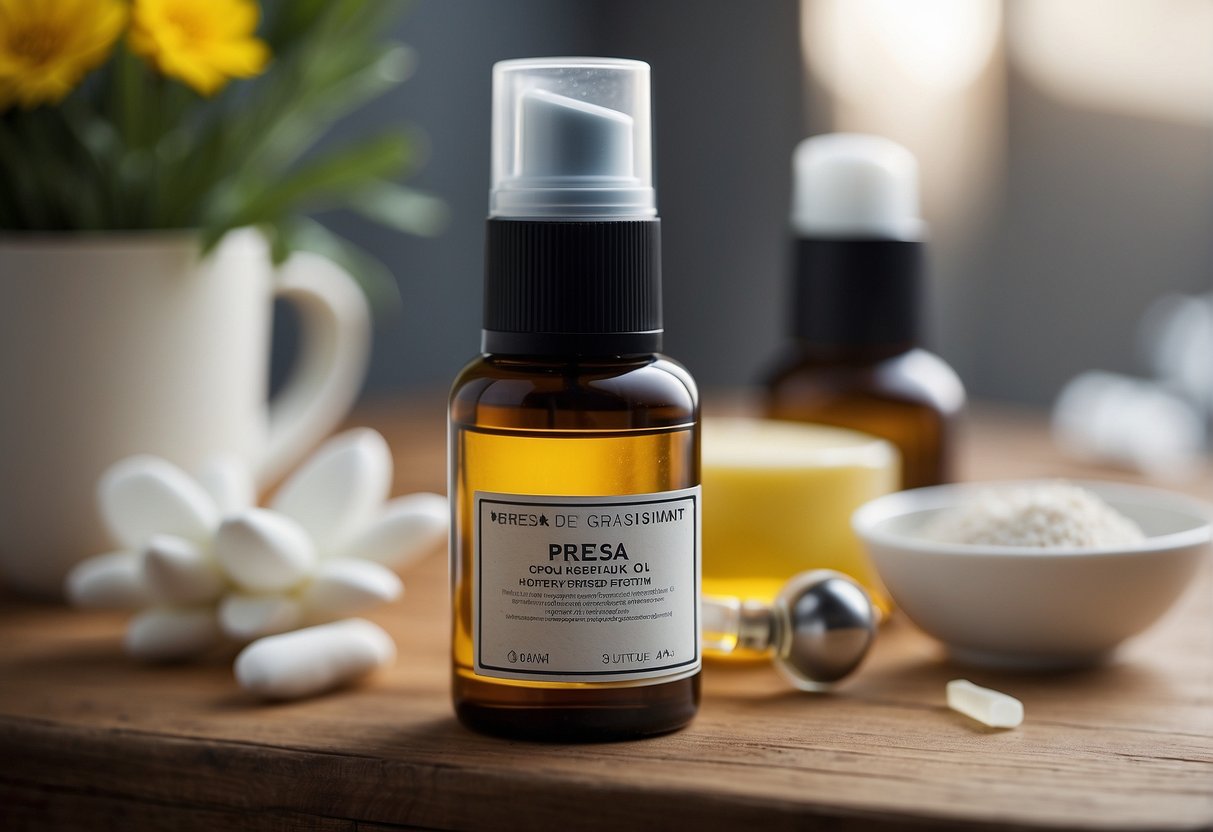
In our exploration of Persea gratissima oil in deodorants, it's crucial for us to understand potential skin reactions and the necessary precautions for those with sensitive skin or allergies. We provide insights into identifying allergic responses and share dermatologists' guidance to ensure safe application.
Identifying Allergic Reactions
When using deodorants containing Persea gratissima oil, we watch for signs of allergic reactions, particularly in individuals with sensitive skin. Symptoms may manifest as redness, itching, or swelling at the site of application. Allergic contact dermatitis is characterized by a delayed allergic reaction typically appearing 24-48 hours after exposure.
Advice from Dermatologists
Dermatologists recommend patch testing a new deodorant on a small skin area before full application to mitigate the risk of irritation or allergic reaction. For those with a history of skin sensitivities, we suggest consulting with a dermatologist to identify any specific ingredients to avoid. They may recommend deodorants specifically formulated for sensitive skin, free from potential allergens.
Comparing Natural and Synthetic Ingredients
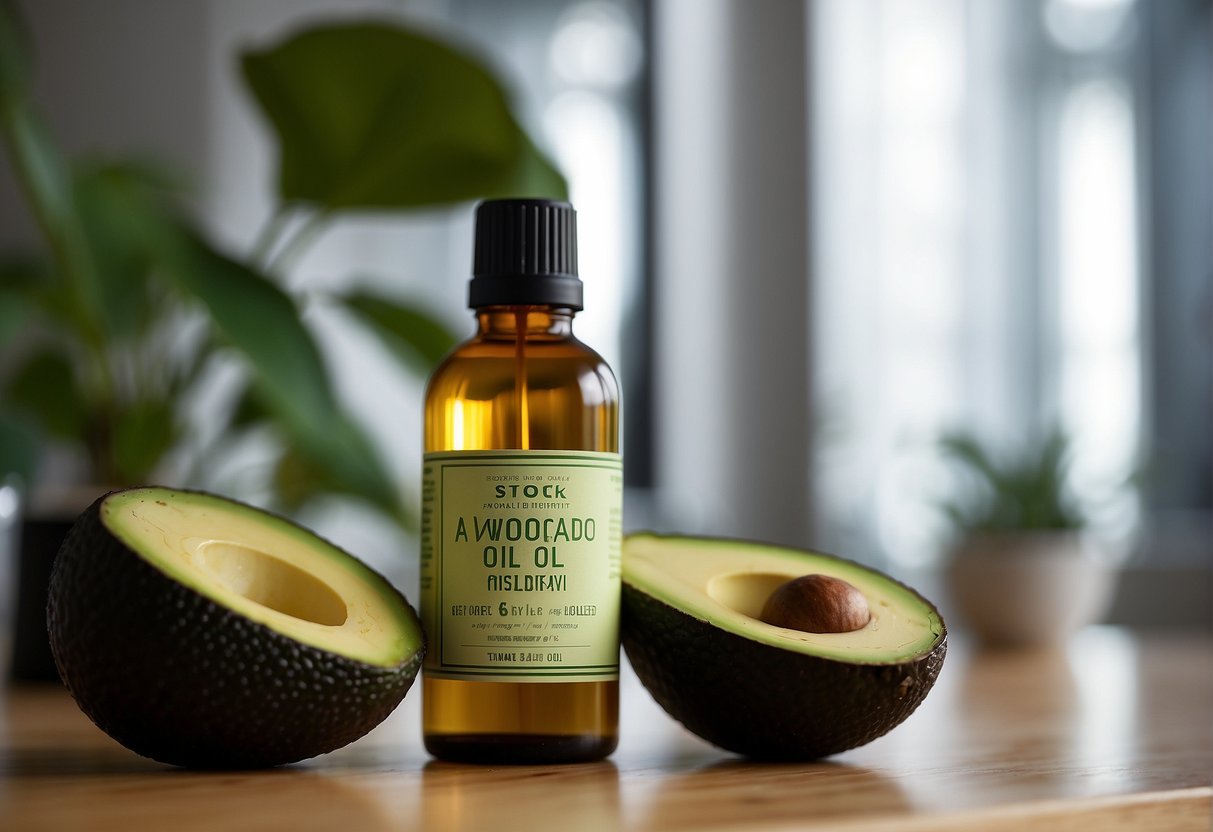
We'll examine the distinct differences between natural ingredients like Persea gratissima (avocado) oil and synthetic compounds in deodorants, focusing specifically on their effects on the skin and the environment.
Persea Gratissima Oil vs. Synthetics
Avocado oil, derived from Persea gratissima, stands as a prime example of a natural ingredient employed in deodorants. Its composition rich in vitamins, essential fatty acids, and minerals makes it a desirable skincare ingredient. In contrast, synthetic ingredients often found in deodorants, such as aluminum compounds, serve as antiperspirants by temporarily blocking sweat pores.
Natural Oils:
- Provide nourishment
- Support skin health
Synthetics:
- Offer lasting antiperspirant effects
- Potential skin irritants
Impact on Skin and Environment
Our skin benefits from the gentleness of natural ingredients like Persea gratissima oil, which minimizes the risk of irritation compared to some synthetic alternatives. Beyond skincare, the environmental footprint of sourcing natural ingredients like avocado oil is often more favorable due to its biodegradability and lower dependence on fossil fuels.
Skin Impact:
- Natural oils: typically lower risk of irritation
- Synthetics: can cause sensitivities for some users
Environmental Impact:
- Natural oils: usually biodegradable, minimal processing
- Synthetics: could have more significant processing and environmental costs
Regulatory Aspects and Certification
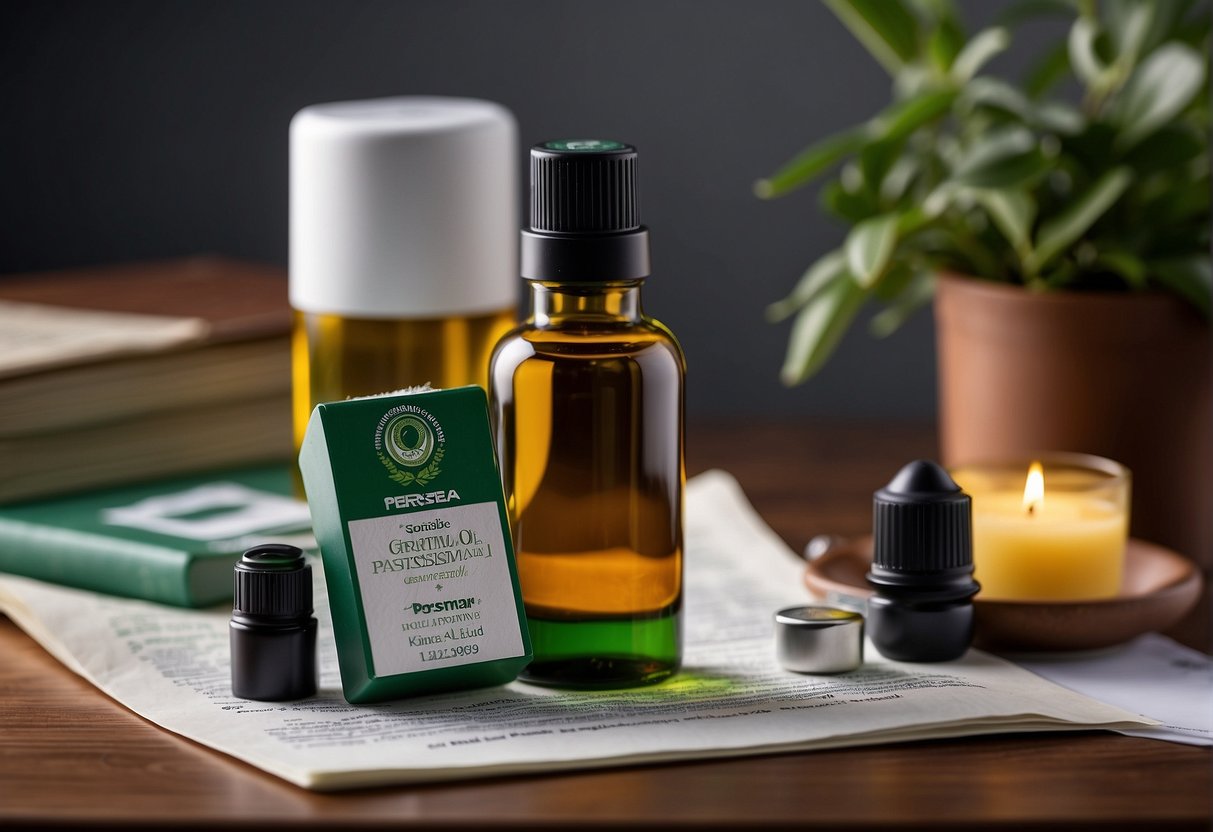
When incorporating Persea Gratissima (Avocado) Oil into deodorant products, we adhere strictly to the applicable cosmetic regulations. The oil, derived from the avocado fruit, is scrutinized for safety and effectiveness before its market introduction. We ensure that our use of Persea Gratissima Oil complies with the guidelines set by the Cosmetic Ingredient Review (CIR), an independent panel of experts who assess the safety of skincare and cosmetic ingredients.
We prioritize consumer safety and regulatory compliance by using only high-quality sources of Persea Gratissima Oil. These sources must demonstrate that their oil has passed safety assessments, including those for dermal irritation risks and potential sensitization. In addition, we aim for our ingredients, including Persea Gratissima Oil, to be certified by authorized certification programs, ensuring that they meet industry standards for quality and safety.
Our commitment to transparency extends to disclosing the presence of Methylisothiazolinone (MIT), a common preservative, if used in our formulations. Although MIT is approved for use in certain cosmetic products, its usage levels are tightly controlled to adhere to safety guidelines. We label all our products accordingly so that consumers can make informed choices.
Frequently Asked Questions
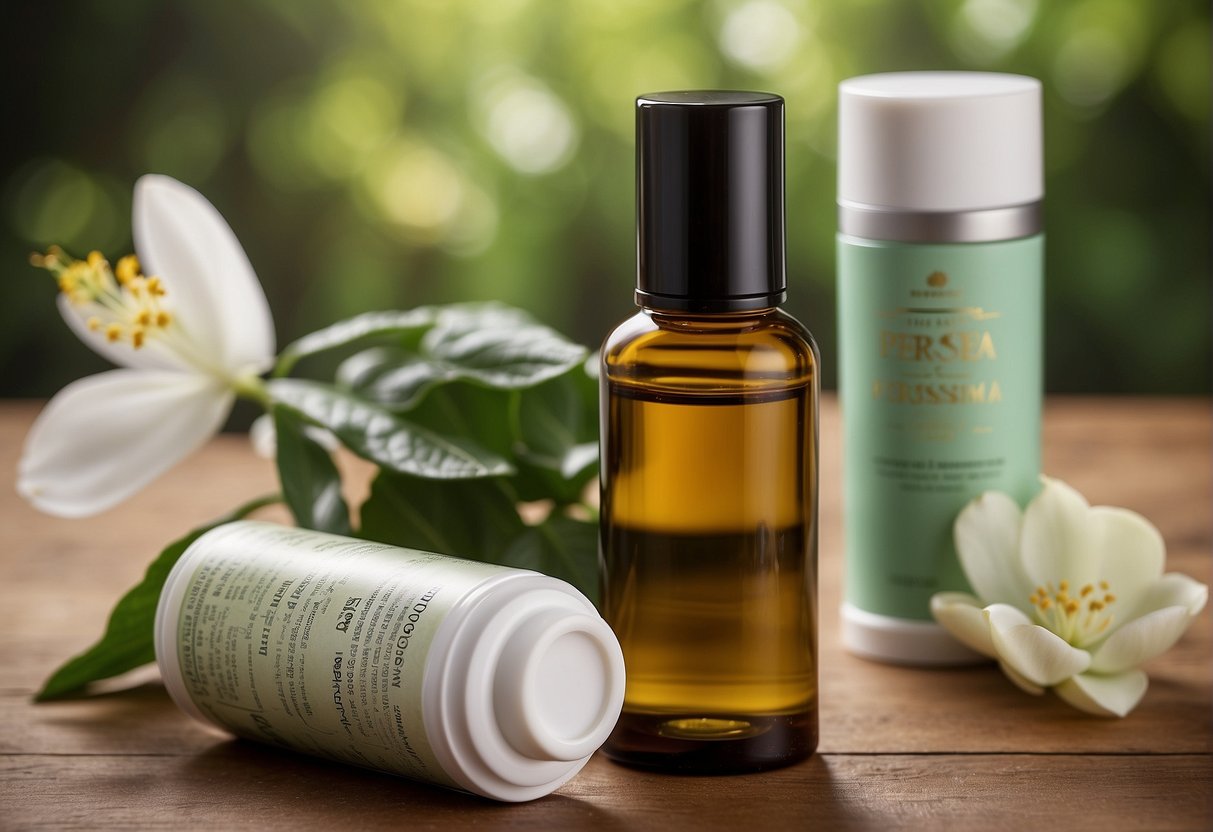
In this section, we address common inquiries regarding the use of Persea gratissima oil in deodorant products.
What are the potential side effects of using Persea gratissima (avocado) oil in deodorants?
Persea gratissima oil is generally well-tolerated, but some individuals may experience skin irritation or allergic reactions. It is advisable to perform a patch test before widespread use.
How does Persea gratissima oil benefit the skin when included in deodorant formulas?
The oil moisturizes and nourishes skin due to its rich content of vitamins, fatty acids, and antioxidants. This can be especially beneficial in a deodorant, helping to soothe the delicate underarm area.
Can Persea gratissima oil clog pores or is it considered non-comedogenic when used in deodorant products?
Persea gratissima oil is considered non-comedogenic and should not clog pores. However, skin types vary, and it may still cause issues for some users with particularly sensitive or acne-prone skin.
What are the signs of an allergic reaction to Persea gratissima oil in deodorant, and what should be done if one occurs?
Signs include redness, itching, and swelling. If an allergic reaction occurs, discontinue use immediately and consult a healthcare provider.
How does Persea gratissima oil compare to Persea americana oil, and are they interchangeable in deodorant products?
Persea gratissima and Persea americana are different names for avocado oil, so they are the same and interchangeable.
Is Persea gratissima oil also beneficial for hair care, and can it be used in hair deodorant products?
Persea gratissima oil is beneficial for hair care as it can hydrate and strengthen hair. Its inclusion in hair deodorant products would likely yield similar moisturizing benefits.